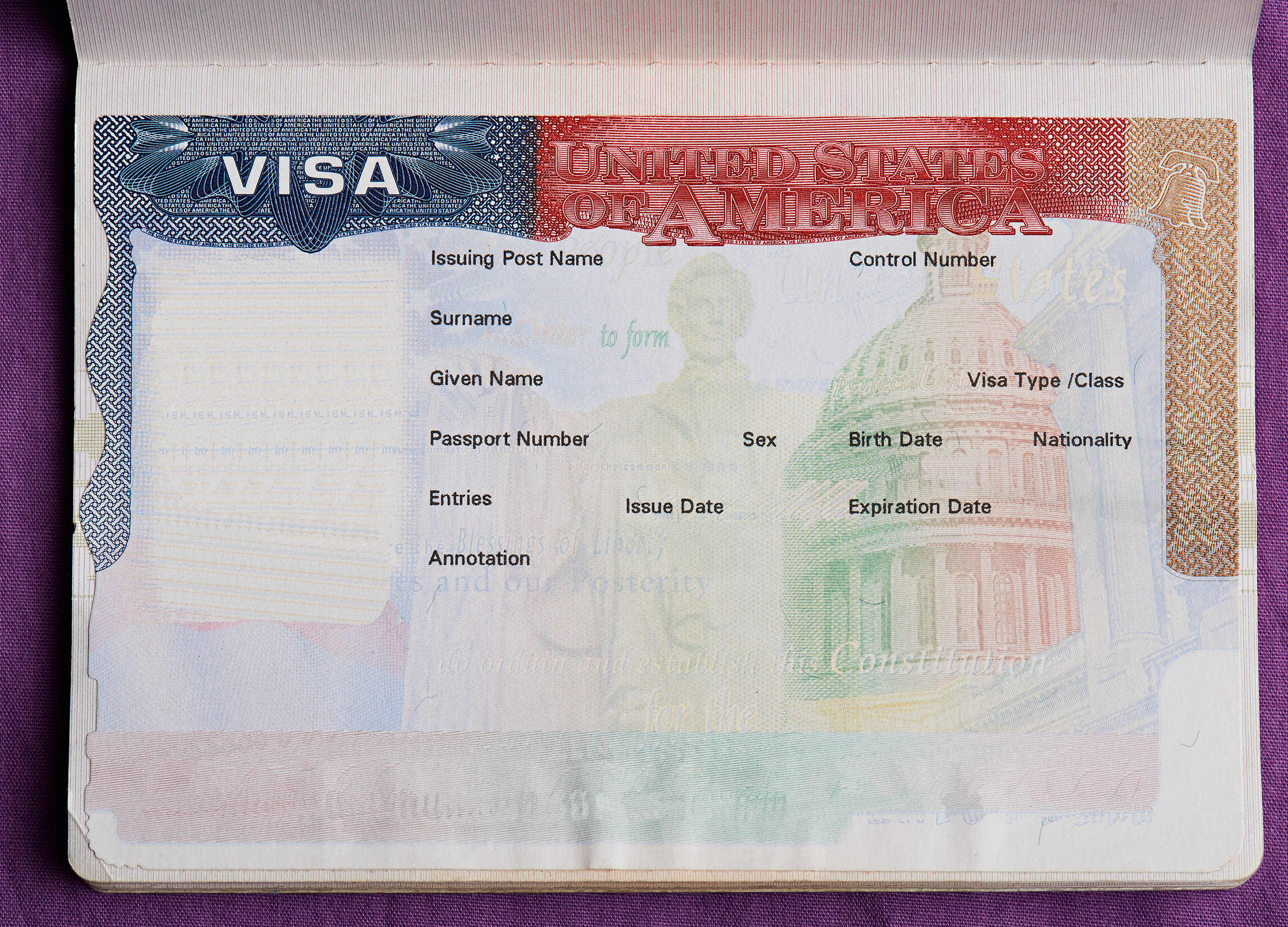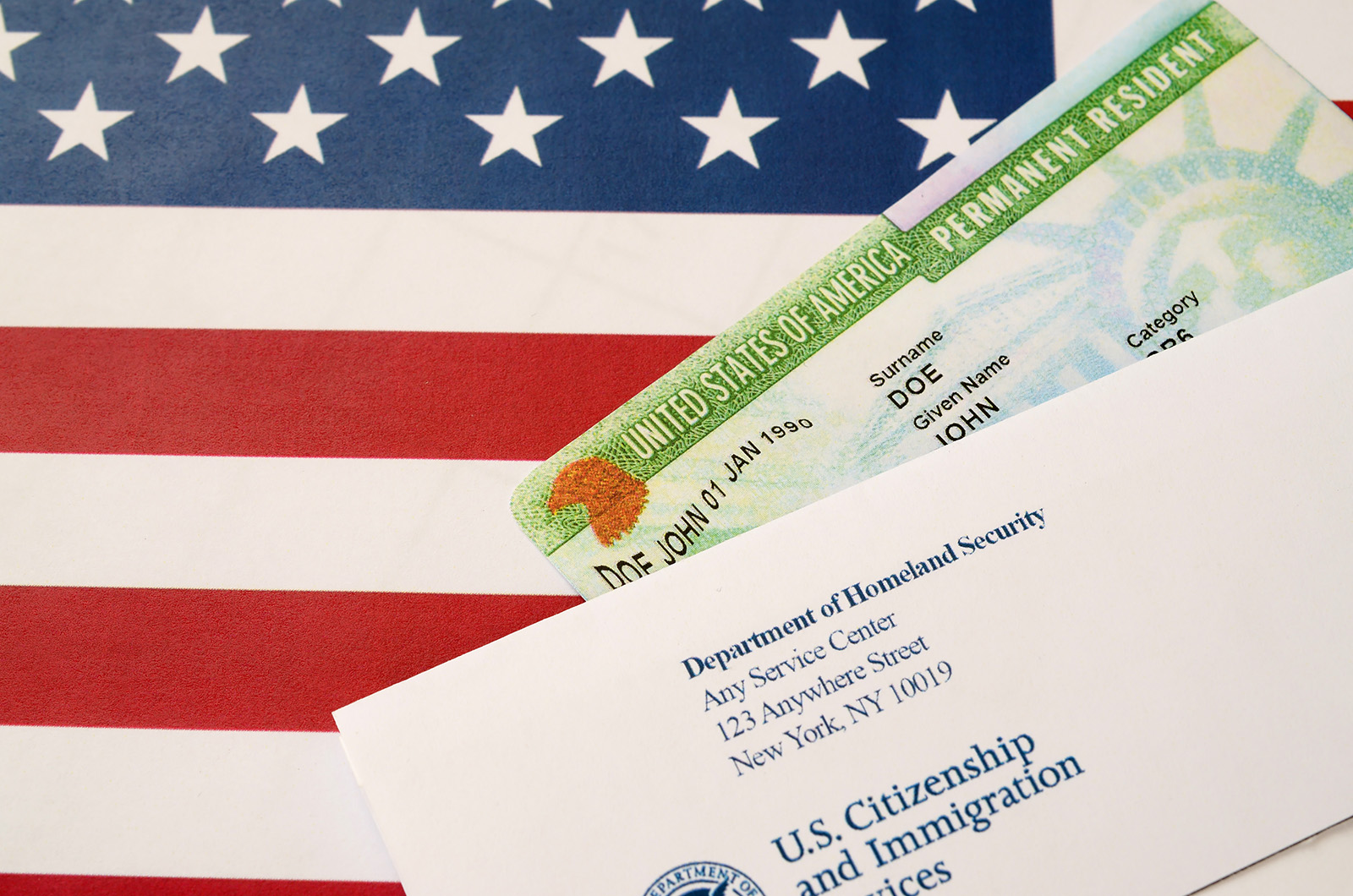In parent-child relationship (SAPCR) litigation, the court can order the non-custodial parent to provide child support to meet the child’s basic needs. The court will conduct an assessment and make decisions in its sole discretion. A parent may file claiming for back child support in Texas:
- After a court issues a support order, and the non-custodial parent fails to pay child support, the custodial parent can seek the court intervention to enforce the order.
- When the relationship breaks down and the custodial parent does not seek intervention from the court immediately and tries to apply for child support retroactively. In these circumstances no court order has been issued here.
Texas law allows child support to be sought in both cases, as provided for in the Texas Family Code.
For existing orders, Texas Family Code 157.005 applies. Courts provide that a defaulting parent can be ordered to comply with a child support order if the request is made within two years after the child turns 18. The law also provides that the court has the power to order the cumulative amount of overdue child support if the application is filed within her ten years of enactment.
If the court has not yet issued a maintenance order, Texas Family Code 154.131 applies. The law sets the standards for ordering retroactive child support. The court will consider the debtor’s net funds during the relevant period and either:
- The mother of the child has not previously attempted to notify the debtor of her paternity or presumed paternity;
- The debtor knew his paternity or her future paternity;
- Retroactive child support is ordered due to undue financial hardship of the debtor or the debtor’s family. and
- The debtor provided maintenance or other necessary services before the lawsuit was filed; In such circumstances, a court order limiting the amount of retroactive child support to no more than the total amount of child support that would have been paid in her four years prior to the filing of the child support claim is reasonable and for the child’s best interest.
To enforce a court order, an employer may deduct child support from a parent’s income after receiving an order from the Child Support Division. In addition, the Division of Child Support can garnish the noncustodial parent’s lottery winnings or federal tax refunds. Assets of the noncustodial parent may also be retained to enforce a child support order. One could also serving a six-month prison sentence for failing to comply with a court order.
At The firm of Solomon Musyimi, we understand the nuances of each client and give the best solution while protecting our client and the best interest of the child. We value our client’s opinion and ensure to offer the best services. Contact us today!













